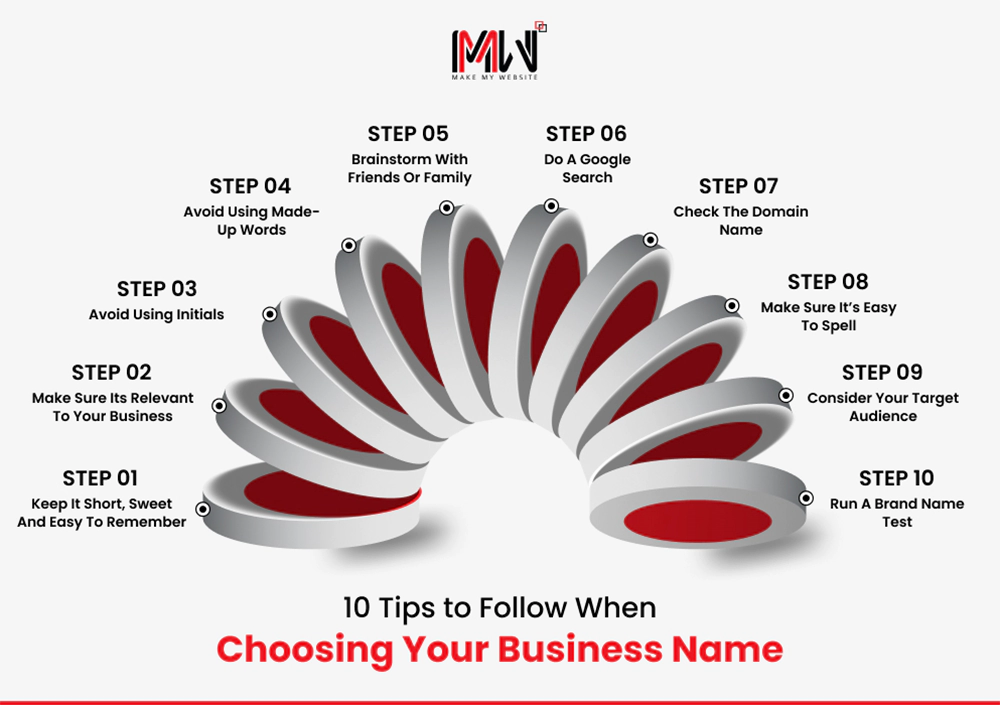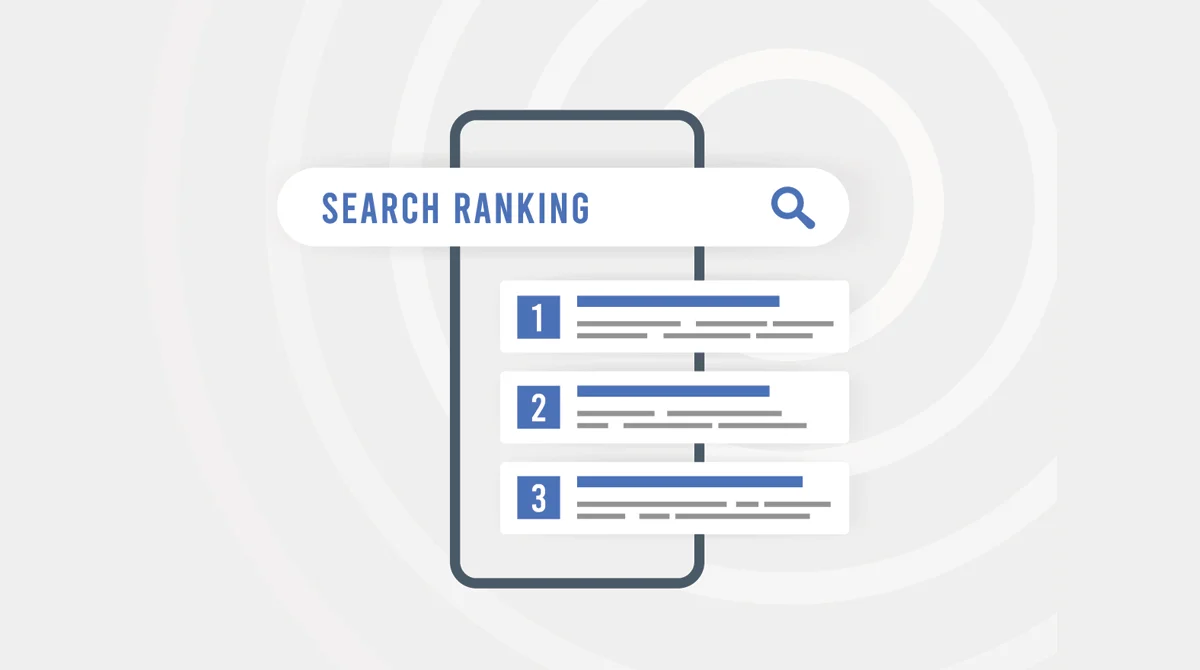Those who start businesses often struggle with making the simplest choices, trying to pick a name that truly fits their company. Your real problem is finding a business name that matches your brand’s heart, speaks to your potential customers, and can be legally accepted. Owners rush to pick business names, but sadly, many spend much time and money rebranding when trademark problems pop up, or their chosen name stops them from expanding.
A bad choice of business name can cause significant problems that will stay with your company for a long time. Suppose customers struggle to remember your business name or find it confusing. In that case, it causes big problems for marketing, stops people from sharing your business with others, and makes customers less trusting. Our online world makes it easy for negative business names to hurt our online identity, block us from picking smart domain names, and create social media trouble. Besides, having a name similar to that of existing companies can make you spend money defending rights and damage how customers view your company.
Easy steps let you pick the perfect business name that blends good planning with fresh thinking. This guide provides practical techniques for creating, assessing, and securing a name that reflects your brand and supports your future success. By adhering to these organised steps and considering important factors, you can sidestep frequent mistakes and build a solid basis for your brand identity.
Types of Business Names
Having the right business name is key today to helping your brand grow. Businesses use their names to do things beyond just labelling – they tell customers what their company does and who they sell to and build memorable customer relationships. Understanding different kinds of business names and what they do will help you select one that matches what you want your business to achieve and that will connect with potential customers.
1. Descriptive Names
Names that convey a business’s services or products eliminate uncertainty regarding its mission. However, such names can restrict future growth. Whole Foods Market and Bank of America show us what this business name looks like. Using descriptive names helps the public know quickly what a company does, but this leaves the brand open to trademark issues.
2. Invented Names
Unique identifiers can be created through invented words or combinations. Companies like Xerox and Kodak got started with this way of marketing. These names give companies excellent trademark security, but need significant marketing investments to make people recognise and understand their brand. This strategy is particularly effective for innovative firms aiming for substantial expansion.
3. Founder Names
Incorporating the names of the business founder or important figures establishes a personal bond and sense of heritage. Examples are “Ford” and “Disney.” This strategy adds authenticity and responsibility, but necessitates careful thought about succession planning and future transitions. The name becomes closely associated with the individual’s reputation.
4. Geographical Names
Names that refer to specific places or areas, such as “American Airlines” or “Kentucky Fried Chicken,” can foster strong local ties. However, these names may limit growth when reaching markets outside their initial regions. Such names are effective for businesses with deep local connections or those that emphasise regional authenticity.
5. Metaphorical Names
Names that use symbols to represent business traits or values, such as “Amazon” or “Nike,” connect with cultural meanings and build strong brand ties. They allow creativity while linking clearly to the business’s goals or qualities.
6. Acronymic Names
Shortened forms of longer business names, like “IBM” (International Business Machines) or “BMW” (Bayerische Motoren Werke), can become strong brand identifiers. However, new businesses should avoid starting with acronyms unless they are highly memorable.
7. Experiential Names
Names that trigger specific emotions, memories, or feelings can be influential. Examples include “Sprint” or “Peak Performance.” These names build instant emotional ties, but must reflect your brand and customer experience. They are especially effective for service-based businesses.
8. Compound Names
Combining two or more existing words can create new meanings, such as “Facebook” or “LinkedIn.” These names strike a balance between being transparent and creative. They are often memorable, hinting at the purpose of the business while staying unique.
9. Associative Names
Names that hint at business traits or advantages, such as “Oracle” or “Virgin,” imply meaning without being overly descriptive. These names allow flexibility for brand growth while keeping subtle links to the company’s values or offerings.
10. Legacy Names
Names inspired by history, literature, or mythology, such as “Atlas” or “Mercury,” draw from familiar cultural references. These names can give your brand qualities linked to their origins, like strength, intelligence, or timelessness. They suit businesses aiming to convey authority or lasting appeal.
When choosing this type of name, keep these factors in mind:
- Your business goals for the future
- Preferences and expectations of your target audience
- Industry standards and how competitors present themselves
- Potential for growth into international markets
- Online visibility and domain availability
- Trademark protection
- How the name fits into your brand’s story
Effective business names often blend different approaches while staying easy to remember. Choose a name that fits your business goals and connects meaningfully with your audience.
How to Name Your Business
Choosing a business name requires a thoughtful plan that balances imagination with practicality. A transparent process ensures your name works well now and into the future. By considering key factors and following a structured plan, you can create a name that appeals to your audience and supports your business goals.
Strategic Planning
Start by thoroughly examining your business model, ideal customers, and long-term goals. This step includes studying industry patterns, reviewing competitor names, and spotting possible market gaps. Think about your business’s unique strengths and how the name can represent these qualities.
Brand Alignment
Your business name should represent your brand’s character, values, and position. This connection keeps your messaging consistent and strengthens your brand identity. Consider how the name will perform across various marketing platforms and customer interactions.
Market Research
Perform detailed research to understand industry naming trends and customer preferences. Review competitor names, survey your audience, and test options with focus groups. Use the findings to guide your criteria and decisions.
Be sure to explore the following infographics, which offer essential tips to guide you in selecting the perfect brand name for your business.
Register Your Business Name
Registering your business name is essential to protect your brand and establish your legal presence. This process includes checks and registrations to safeguard your chosen name across different platforms and regions.
Legal Requirements
Understand the requirements for registering a business name at federal, state, and local levels. This includes checking trademarks, confirming name availability at the state level, and meeting any industry-specific regulations. Seeking advice from legal experts can help safeguard your business name adequately.
Documentation Process
Prepare and file all required documents for registering your business name. This includes incorporation papers, trademark forms, and DBA filings. Keep clear records of all registrations and renewal dates to protect your business name without interruptions.
Online Presence
Keep your internet identity safe by buying domain names and making social media profiles that match your company name. Secure your brand’s web presence by getting all domain addresses that match your business name and how people typically misspell it.
Related read: Types of domains: What to know before choosing one
Guidelines for Business Name Ideas
Developing good business name ideas requires balancing creativity with practicality. These steps offer a transparent process for brainstorming and assessing names that can support your business long-term. Following these methods, you can choose a unique, memorable, and well-suited name for your goals.
Distinctiveness
Your business name should be unique in your market while aligning with your industry. This requires reviewing competitor names to spot areas where you can stand out, ensuring it remains relevant to your audience.
Simplicity
Choose names that are simple to spell, say, and recall. This makes it easier for customers to share your business with others and locate it online. Consider how the name will appear across various communication formats and marketing materials.
Scalability
Select a name that allows room for future growth. Consider potential entry into global markets, new products, or services. Ensure the name stays relevant as your business grows and expands.
Related read: What Makes Your Brand Name Your Best Bet At SEO Optimisation
Taking Your Business Name Online: Next Steps for Success
After choosing and registering your ideal business name, building a strong online presence is essential for success. This is where Make My Website becomes your trusted partner. As a top website development provider and digital solutions, they help turn your business name into an engaging online brand.
Our skilled team knows your business name is just the starting point of your online presence. We provide a wide range of services, including:
- Professional website creation that reflects your brand
- Handling domain name registration and management
- Improving your search rankings with search engine optimisation
- Setting up social media profiles that match your brand
- Developing digital marketing strategies to promote your business name effectively
Partnering with Make My Website ensures your business name becomes the foundation of a strong online presence. Our team designs user-friendly and visually appealing websites that build trust in your brand and effectively attract your target audience.
Contact Make My Website today to learn how we can turn your business name into a strong online brand that drives long-term growth and success.




















